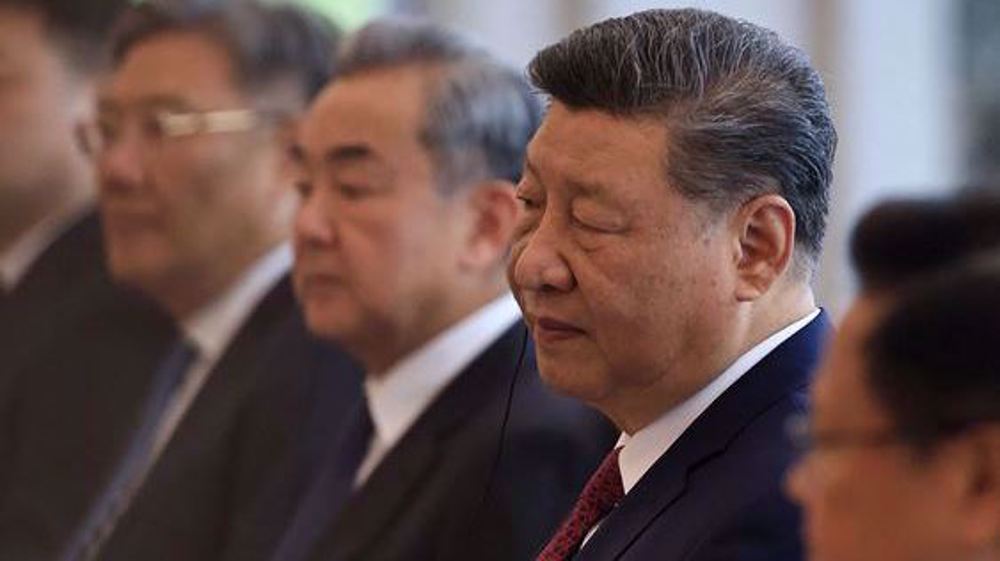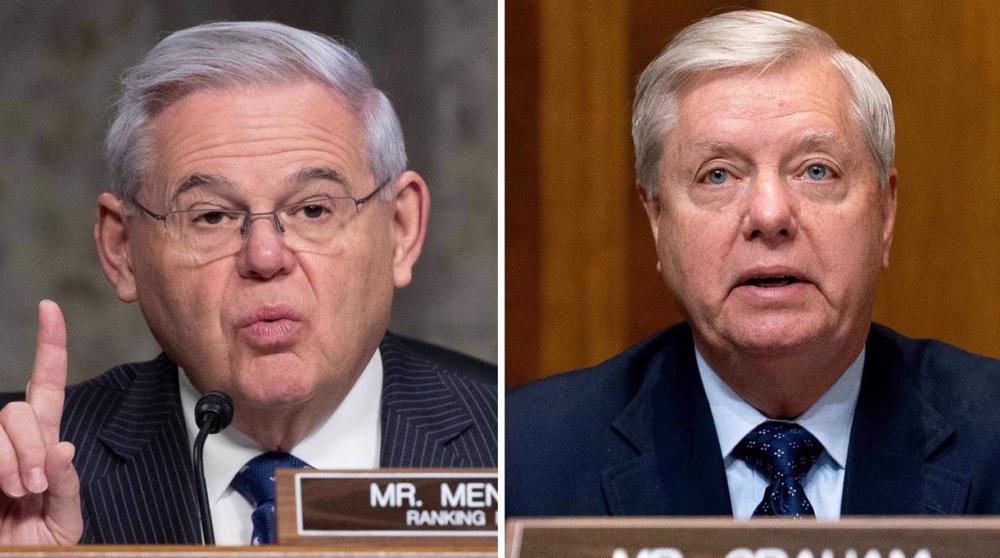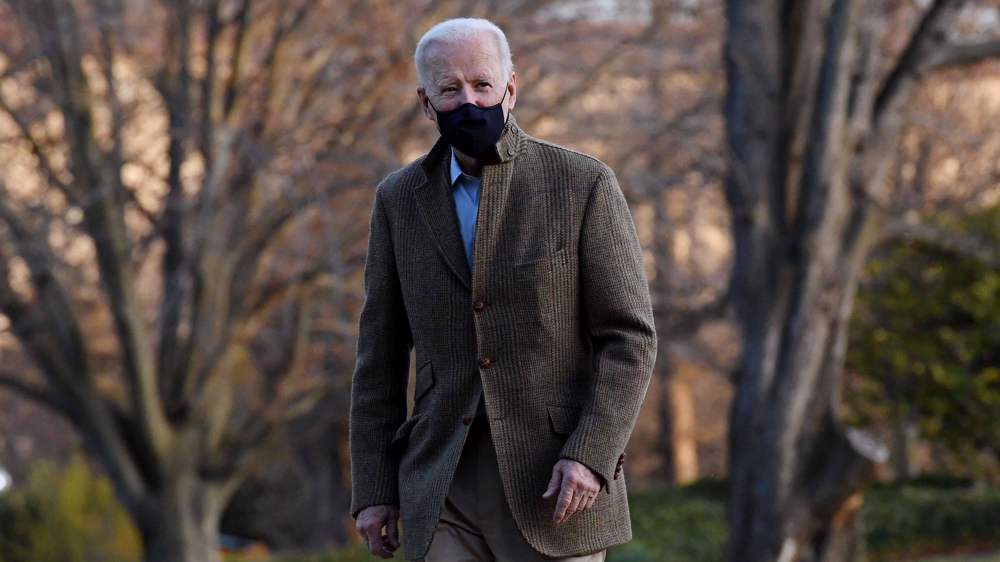Pro-Israeli lobby presses Biden to reject Iran deal in current format
The pro-Israeli group, AIPAC, is lobbying to urge US President Joe Biden to effectively oppose reviving the 2015 nuclear deal between Tehran and world powers, in its current format.
American Israel Public Affairs Committee (AIPAC) called on its supporters to urge US senators to sign on to a letter that asks Biden to reach an expanded agreement with Iran.
"Iran remains Israel's and America's greatest threat in the Middle East,” AIPAC told supporters in a text message this week.
"Please urge your senators to sign a bipartisan letter to President Biden... expressing the bipartisan consensus that 'a nuclear-armed Iran would pose a grave threat to US national security interests and our allies and partners,” said the group.
A letter, led by Democratic senator Bob Menendez and Republican Lindsey Graham, urges the senate to reject a return to Iran’s nuclear agreement in its current format.
It says that Washington needs “to reach an agreement that prevents Iran from ever acquiring nuclear weapons and meaningfully constrains its destabilizing activity throughout the Middle East and its ballistic missile program.”
“We believe it is critical you consult with our European allies, Israel, and Persian Gulf security partners on a path forward with Iran," read the letter.
While Israel is the Middle East's sole possessor of nuclear warheads, Iran's nuclear program is totally civilian which has repeatedly been confirmed by the UN nuclear agency.
The bipartisan letter does not explicitly reject returning to the nuclear deal, but it imposes demands outside of the scope of the agreement.
Back in 2015, Iran singed the Joint Comprehensive Plan of Action (JCPOA), with the P5+1 group of countries — the US, the UK, France, Russia and China, plus Germany.
At the time, AIPAC had launched a campaign to reject the deal as well.
The administration of former President Donald Trump, however, unilaterally withdrew from the deal in 2018, and reimposed anti-Iran sanctions that had been lifted under the deal.
Now with Democratic president Joe Biden in the White House, Washington has signaled its willingness to rejoin the JCPOA, yet it has conditioned the move on Tehran's resumption of its commitments under the 2015 deal, despite the US being the oath breaker.
While Washington says it would soon start a series of negotiations with Iran in a bid to resume nuclear talks, Tehran says the JCPOA has a “defined road map” and that no further talks are necessary on the accord.
The bipartisan letter has sparked concern among rights groups, who urged senators to refrain from signing the request.
An advocacy group Win Without War said that senators “are circulating a new letter that would undermine diplomacy with Iran. How? By setting up IMPOSSIBLE standards for the deal.”
A senior research analyst at the National Iranian American Council (NIAC), also said the letter showed an alliance of hawkish Democrats and Republicans are "dedicated to preventing diplomatic progress with Iran.”
"Biden will be making a major mistake if he tries to placate them,” said Sina Toossi.
“Their opposition to a JCPOA return is rooted in fundamental opposition to diplomacy with Iran,” he added.
Toossi warned that policies of Menendez and Graham, whom he called as “regime-change ideologues” will lead to conflict and a betrayal of Biden's foreign policy promises.
Iran has repeatedly warned that Israel “is the party the most worried” about a possible revival of the nuclear deal.
Ali Rabiei, the Iranian administration’s spokesman, said earlier this month that Israel “did all it could to torpedo this agreement” prior to its signing.’
“Insecurity in the region is of great benefit to the Zionist regime, and on this basis, it may adopt deceptive measures to prevent the establishment of peace. Their (the Zionsts’) concern is the revival of the JCPOA,” he added.

China raises retaliatory tariffs on US goods to 125%

China's oil imports from Iran surge despite US sanctions: Report

Xi calls on EU to join China to resist Trump trade war 'bullying'
Iran and US begin indirect talks in Oman
Iraq hopes indirect Iran-US talks lead to regional stability
US rights advocates file lawsuit to halt Trump’s sanctions on ICC prosecutor
Israel waging psychological sabotage campaign against Oman talks: Report
EU youth mental health crisis
VIDEO | New York students protest student deportations
VIDEO | Press TV's News Headlines
VIDEO | Clashes in Amsterdam amid pro-Palestine protest against corporations' ties with Israel










 This makes it easy to access the Press TV website
This makes it easy to access the Press TV website